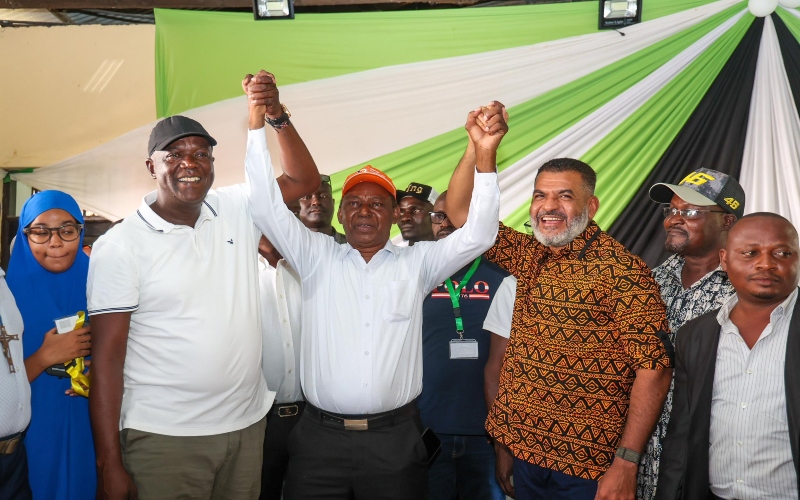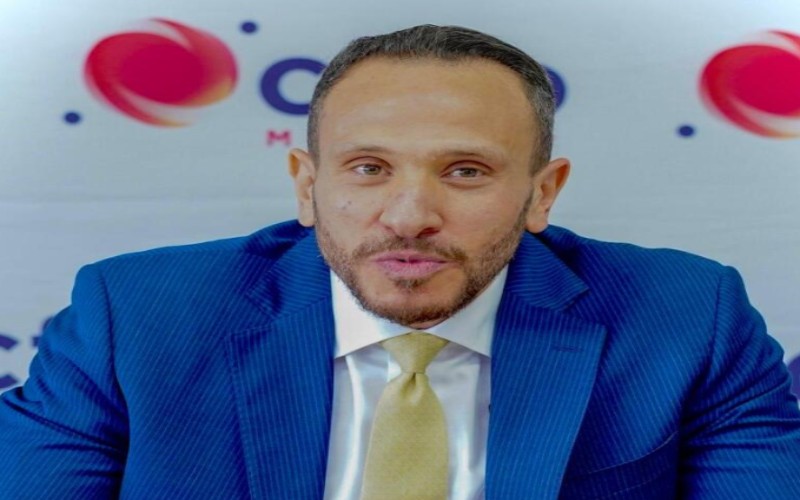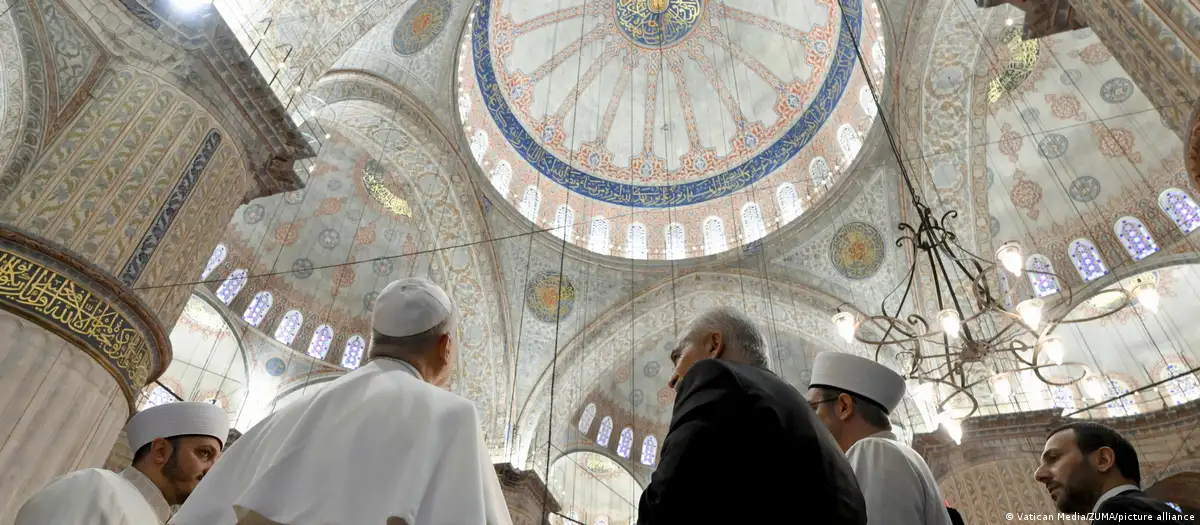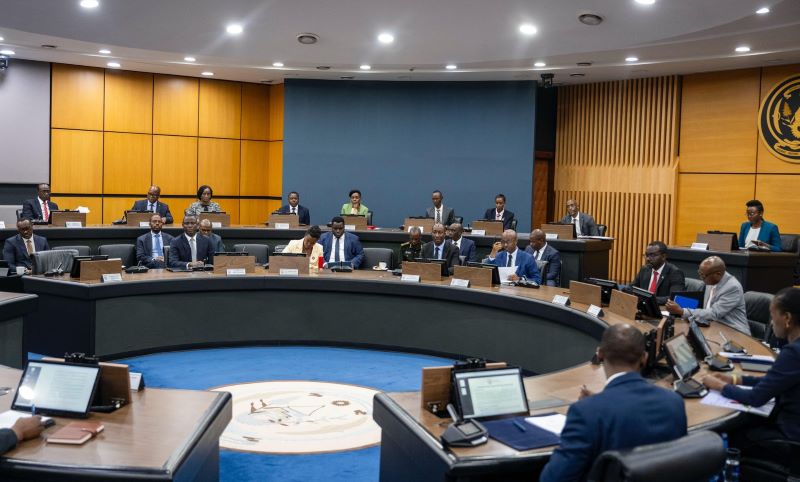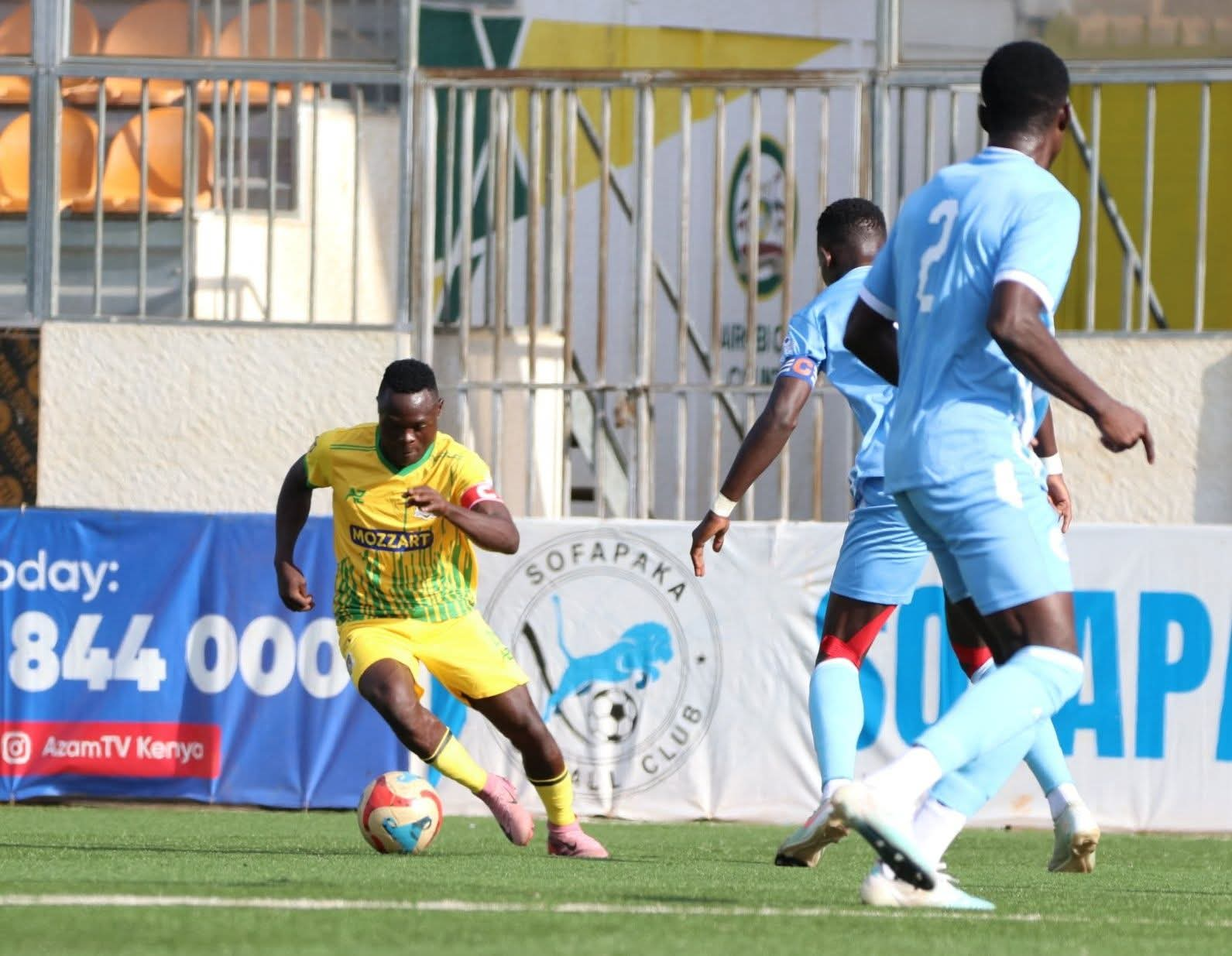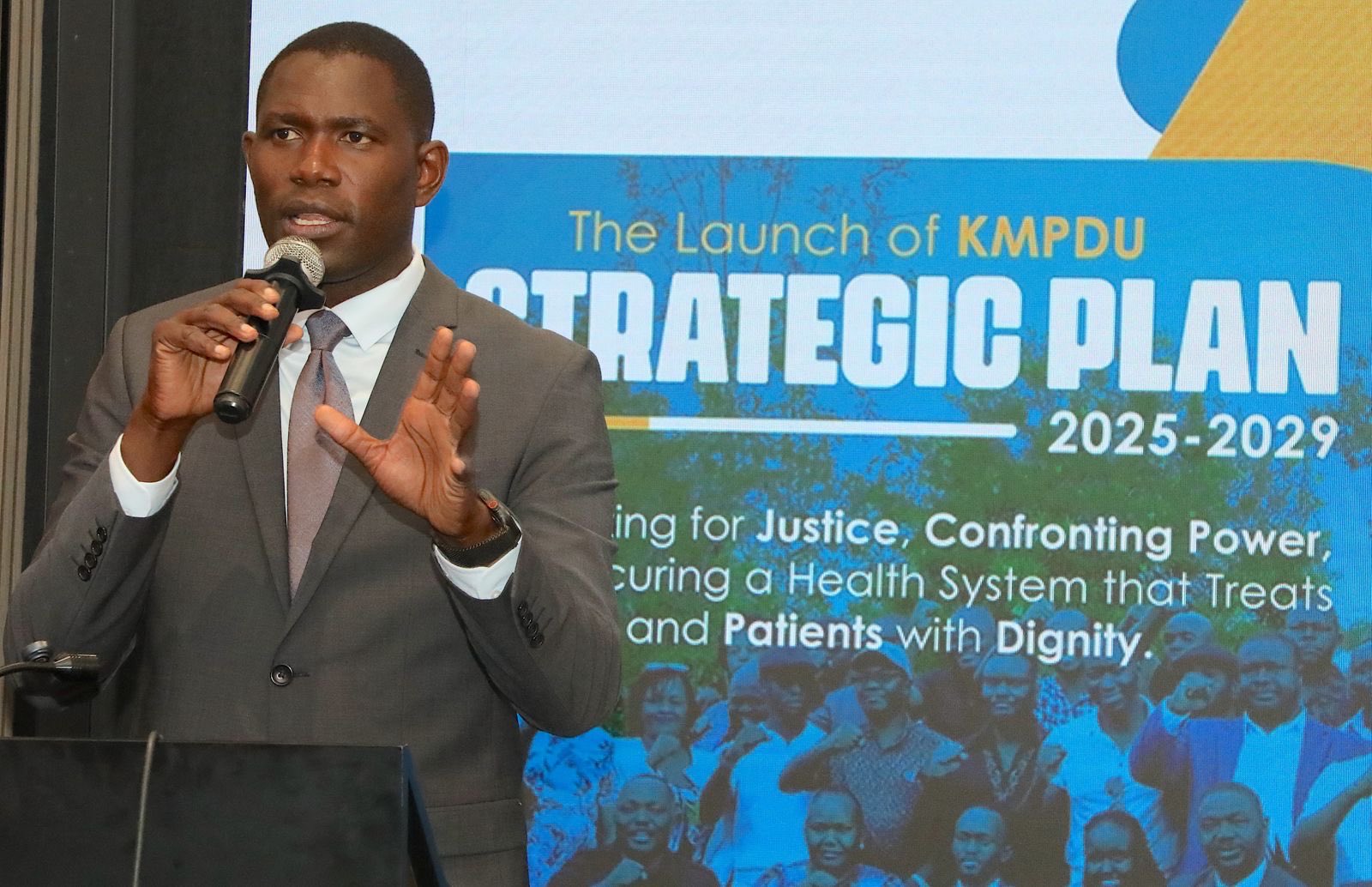Lawyer files petition challenging cybercrime Bill over ‘vague’ religious clause
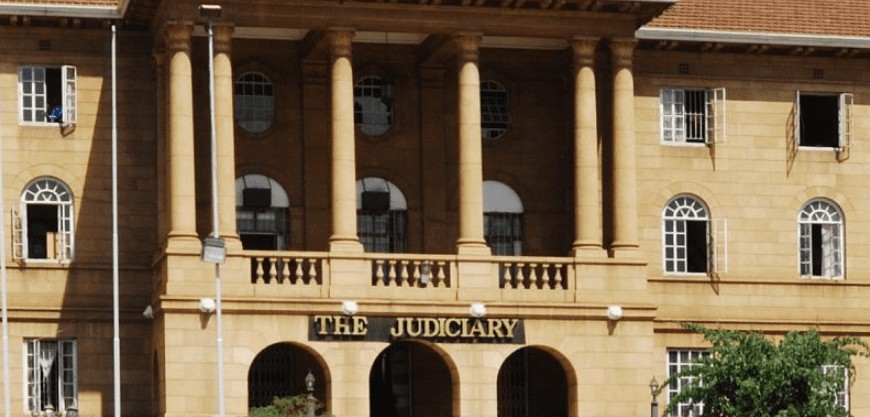
Lawyer Evance Ndong Ndong faulted Parliament's move to amend the cybercrime law to address cults and religious extremism as violating the right to a fair hearing under Article 50 of the Constitution.
A lawyer has filed a petition challenging the constitutionality of the Computer Misuse and Cybercrime (Amendment) Bill, 2024, arguing it is vague and grants the State unchecked powers to clamp down on religious organisations.
In a petition filed before Justice Lawrence Mugambi, lawyer Evance Ndong faulted Parliament's move to amend the cybercrime law to address cults and religious extremism as violating the right to a fair hearing under Article 50 of the Constitution.
More To Read
- Suspected cyberattack renders multiple Kenyan Government websites inaccessible
- AG Dorcas Oduor moves to lift court orders blocking cybercrimes law
- Charlene Ruto misses court hearing in impersonation case as defence pushes for dismissal
- Blogger Maverick Aoko's cybercrime case: Court sets July 7 for prosecution ruling
- Rose Njeri freed after court rules charges pressed against her were "defective"
- Stakeholders warn Sh20 million fines in cybercrime Bill threaten freedom of expression online
"The phrase 'extreme religious and cultic practices' is impermissibly vague and overbroad, lacking any constitutional or statutory definition. This offends the principle of legal certainty and undermines the right to a fair hearing under Article 50 of the Constitution," Ndong told the court.
Ndong said the government was exploiting the Shakahola tragedy to suppress the constitutional rights to freedom of worship and belief.
He asserted that the amendments usurp the functions of the police and the Director of Public Prosecutions (DPP), who already have the mandate to investigate and prosecute crimes.
Ndong highlighted Clause 3 of the Bill, which empowers the National Computer and Cybercrimes Coordination Committee to block websites and applications promoting illegal activities, including child pornography, terrorism, and "extreme religious and cultic practices".
According to Ndong, the Bill violates Article 24 of the Constitution, which requires any restriction on rights to be reasonable, justifiable and proportionate in an open democratic society.
He also criticised the lack of proper public participation in passing the amendments despite their significant impact on religious freedoms.
Ndong reiterated that previous Senate committees and state task forces recommended regulated oversight of religious organisations rather than broad prohibitions.
The Attorney General, National Assembly, and Senate have been named as respondents in the case.
Top Stories Today







